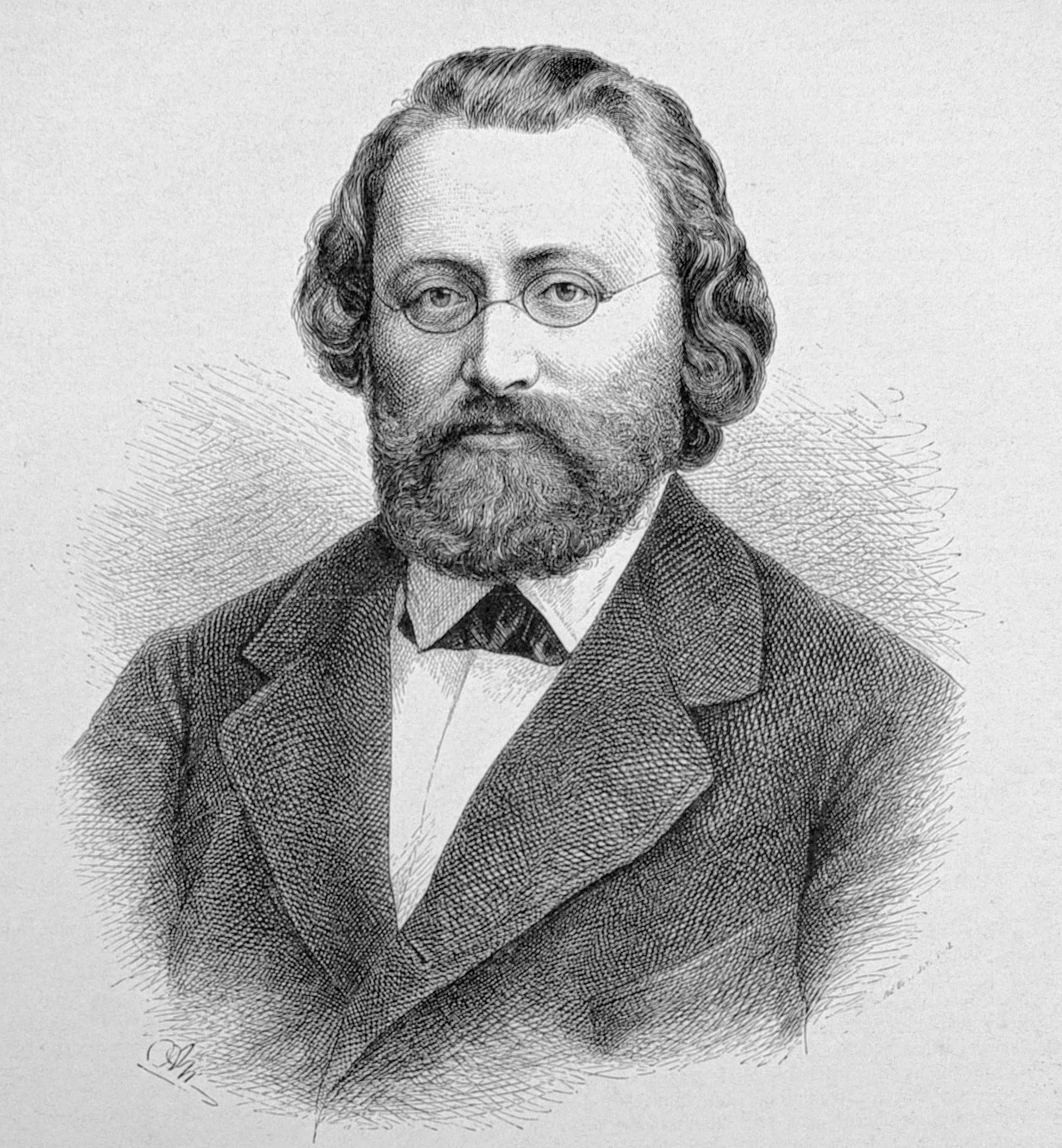Narrow Escape from the Nazis: Max Bruch’s “Kol Nidrei”
Max Bruch, painted on wood by Adolph Neumann. Published in the magazine Die Gartenlaube, p. 557, 1881. Wikimedia Commons.
It’s never a bad idea to look critically at your own behaviour and to ask others for forgiveness if you have hurt them. From sundown on 24th September until sundown on 25th September 2023, Jews will be doing just this as they are observing their highest holiday, Yom Kippur, the Day of Atonement. At synagogues all over the world, the holiday will open with the sung prayer “Kol Nidrei” - and if you are a classical music lover, this name will immediately remind you of Max Bruch’s Kol Nidrei for cello and orchestra. To this day, this piece is a favourite of the concert repertoire for cello, but it almost became a victim of Nazi persecution.
Bad Luck
The German composer Max Bruch (1838-1920) was a prolific composer, but of all his pieces, only three became popular warhorses of the concert repertoire: his Violin Concerto No. 1 in G Minor, his Scottish Fantasy for violin and orchestra and his Kol Nidrei for cello and orchestra. Max Bruch was blessed with a long life, but this also meant that he outlived the period of his greatest musical successes. Shortly before his death at age eighty-two, the composer and his compositions had been largely forgotten. There was no interest in his new compositions, and unfortunately, he had granted his publisher all rights to his first violin concerto. The concerto became a triumph, but without any financial benefit for its composer. Finding it hard to support himself towards the end of his life, Bruch even sold the original handwritten manuscript of the violin concerto. But this was nothing compared to the abuse he got after his death because of one of the few pieces that remained popular: his Kol Nidrei for cello and orchestra.
Max Bruch’s Kol Nidrei
Bruch’s Kol Nidrei is one of the most beloved compositions on a Jewish theme in the classical music repertoire. But Bruch actually wasn’t Jewish. He was Christian. From 1878 until 1880, he got to know many Jews during his time as the music director of the Stern Choral Society, founded in Berlin by the German Jewish musical pedagogue and composer Julius Stern. During that time, Bruch also befriended Abraham Jacob Liechtenstein, cantor of Berlin’s reform Jewish community. Liechtenstein introduced Bruch to synagogue music.
“Kol Nidrei” (“All Vows”) is a moving prayer sung in Aramaic, the ancient Semitic language that was the language of Jesus. It is the central prayer sung in Jewish synagogues on the eve of Yom Kippur. Yom Kippur is a day of repentance, when Jews reflect on their behaviour over the past year and ask forgiveness of family and friends in case they have wronged them, whether intentionally or unintentionally. It is the culmination of the ten days of repentance that begin with Rosh Hashana, the Jewish new year, a period when God is believed to decide who will be written into the book of life by the end of Yom Kippur. Bruch wrote his Kol Nidrei in 1880 for the Jewish Community in Liverpool when he was the Principal Conductor of the Liverpool Philharmonic Orchestra.
The Pitfalls of Popularity
Bruch’s Kol Nidrei became a huge success. The deep, soulful voice of the cello takes the listener on an emotional journey from Bruch’s plaintive interpretation of Kol Nidrei to his deeply romantic development of Isaac Nathan’s setting of a synagogue tune that inspired Lord Byron’s “Oh Weep for Those that Wept on Babel’s Stream.” But its popularity led the Nazis to believe that Bruch must have been Jewish: who else would compose music like this on a Jewish theme? This had dire consequences for Bruch’s piece. The Nazis were determined to eliminate the “Jewish element” in German musical life. Jewish musicians were forced out of their jobs and killed, music by Jewish composers was forbidden. Bruch didn’t have to fear for his life as he had long passed away, but his music was forbidden in Germany until the Nazis were defeated. Thankfully, the years of censorship could not lessen the power of his music. In the years after the war, the horrors of the holocaust added a tragic poignancy to the composer’s interpretation of the haunting melody of Kol Nidrei.
Staying informed about the arts enables you to constantly see the world in a new way - and it makes you a better artist! Subscribe to our newsletter at the bottom of the page or follow us on Instagram @teenworldarts to stay up to date!
You might also enjoy:
Antonio Vivaldi: Il Prete Rosso ‘The Red Priest’
Happy Birthday, Igor Stravinsky! Celebrating an Icon of Twentieth Century Ballet and Music
